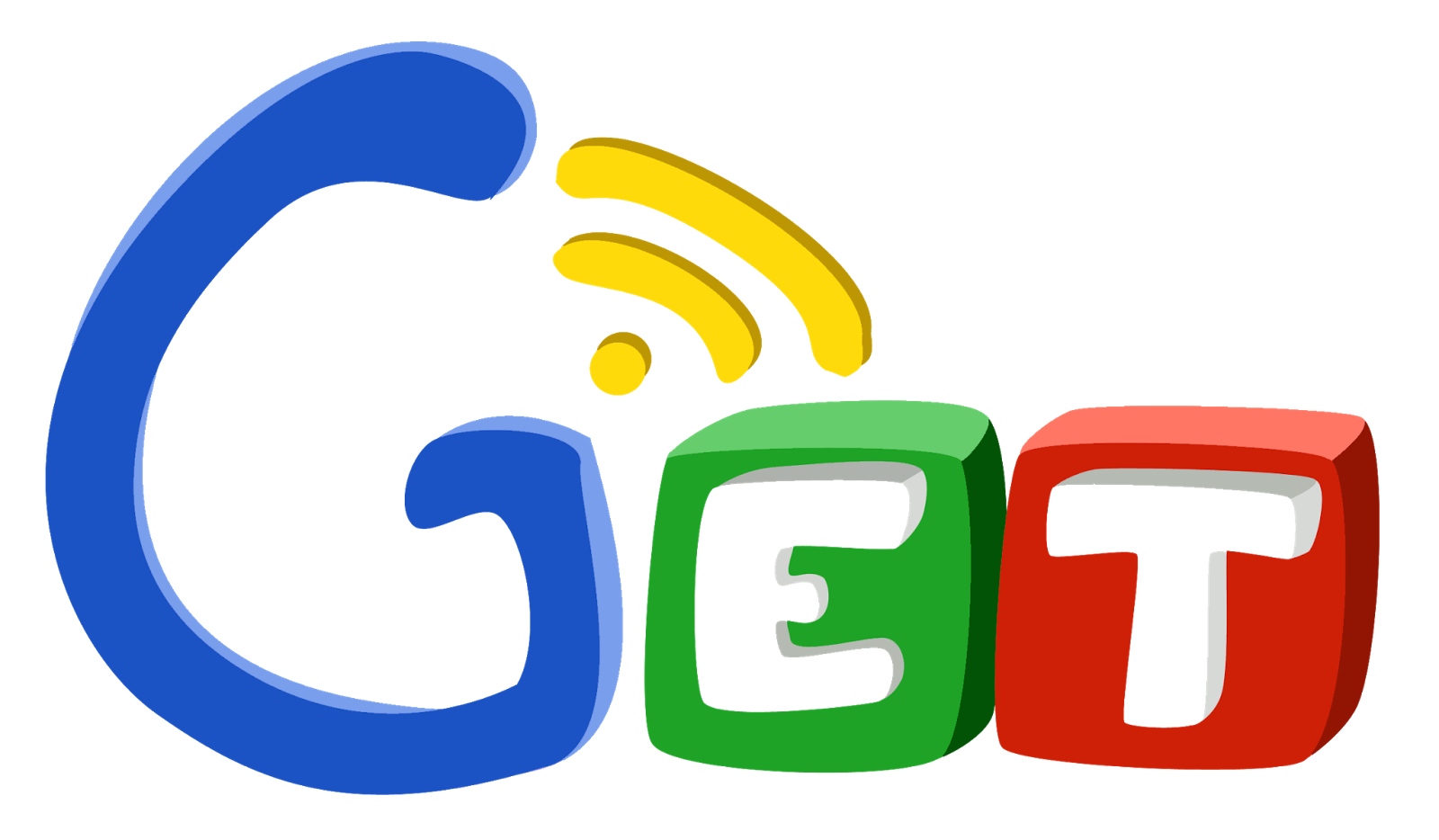Transforming Experiences: How Computer Science Powers Modern Entertainment
Introduction
Computer science stands at the core of today’s entertainment industry, driving transformative changes across film, gaming, music, streaming, and more. The integration of advanced computing technologies has not only redefined how creative content is produced, distributed, and consumed, but also how audiences engage with it. This article explores the extensive role computer science plays in modern entertainment, providing actionable guidance and real-world examples for those eager to understand or leverage these innovations.
Enhancing Film and Animation Through Technology
The cinematic experience of the 21st century owes much to breakthroughs in computer science. Modern movies and animated features rely heavily on computer-generated imagery (CGI) , 3D modeling, and digital editing, enabling filmmakers to create visuals that were once impossible or cost-prohibitive. For instance, blockbuster studios like Industrial Light & Magic have pioneered new animation and simulation methods, replacing traditional hand-drawn animation with advanced software tools. [1] Not only do these tools allow for the creation of lifelike characters and environments, but they also streamline editing, post-production, and special effects workflows.
To experience these advancements, aspiring animators and filmmakers can explore widely-used software such as Autodesk Maya, Blender, or Adobe After Effects. Many of these platforms offer free trials or educational licenses, making it possible to experiment with digital animation without a significant upfront investment. Consider researching local or online training courses in computer graphics and animation to build foundational skills.
Challenges in this field often include the steep learning curve of new software and the need for powerful hardware. Solutions may involve starting with user-friendly programs and gradually advancing to more complex tools, as well as utilizing refurbished or cloud-based systems when hardware budgets are tight. [1]
Revolutionizing Gaming: Art Meets Algorithms
Video games are a hallmark example of computer science blending artistic vision with technical expertise. Modern games are powered by sophisticated engines that handle everything from graphics rendering and physics simulation to artificial intelligence and networked multiplayer functionality. [2] For instance, non-player characters (NPCs) behave realistically thanks to AI algorithms, and virtual worlds can be explored in immersive detail due to real-time 3D graphics.
Gamers and developers can access industry tools such as Unity and Unreal Engine, both of which offer free versions for personal or educational use. These platforms enable anyone to prototype, develop, and publish interactive experiences. For those seeking to enter the gaming industry, many online resources and tutorials can guide you through the process of building your first game.
Potential obstacles include mastering complex programming concepts and optimizing games for different devices. Overcoming these challenges typically involves incremental learning, leveraging community forums for troubleshooting, and participating in online game jams to gain practical experience.
Music and Audio: Creating and Consuming in the Digital Age
Computer science has significantly impacted the music industry, from digital audio workstations (DAWs) that allow artists to record and edit tracks at home, to sophisticated algorithms that power music streaming and recommendation engines. [2] Today, musicians employ tools like Ableton Live, FL Studio, and GarageBand to produce professional-quality music without the need for a traditional studio.
Music fans benefit from computer science through personalized playlists and smart recommendations, as seen on platforms like Spotify and Apple Music. These services use machine learning to analyze listening habits and suggest new tracks tailored to individual preferences. [4]
If you’re interested in digital music creation, start by exploring free or trial versions of DAWs and participating in online communities for support and feedback. For those seeking a deeper understanding of recommendation technology, many universities offer open courses in machine learning and data science, which underpin these systems.
Streaming and Distribution: Personalized, Data-Driven Experiences
Streaming platforms have disrupted traditional entertainment delivery models, granting audiences instant access to vast libraries of movies, shows, and music. Computer science enables these platforms to provide smooth playback, high-definition content, and personalized recommendations. For example, Netflix employs advanced algorithms, often built using Python, to suggest content and optimize streaming quality. [3]
To access streaming services, you typically need a reliable internet connection and a subscription to your chosen provider. When evaluating options, consider the content libraries, device compatibility, and privacy policies of each platform. Always use official app stores or provider websites to sign up and manage subscriptions. For those concerned about data privacy, most platforms allow you to adjust recommendation settings and limit data collection through your account preferences.
Artificial Intelligence and Data Science: Shaping the Future of Entertainment
The entertainment industry increasingly relies on artificial intelligence (AI) and data science to enhance both creative and business processes. AI assists in scriptwriting, editing, and even generating visual effects. At a business level, data-driven marketing optimizes advertising spend and targets audiences more effectively, boosting the success rate of new releases. [3] Music and video platforms use machine learning to understand user tastes and keep audiences engaged.
Companies and individuals interested in leveraging AI for entertainment can begin by studying the basics of data science and experimenting with open-source AI frameworks such as TensorFlow or PyTorch. Many entertainment firms offer internships or entry-level roles focused on data analytics, which can serve as a pathway to more advanced opportunities.
Challenges include the ethical use of audience data and ensuring algorithmic fairness. To address these, it’s important to stay informed about current regulations and best practices in data privacy, such as those published by government agencies or industry associations. You can search for “entertainment data privacy guidelines” on the official Federal Trade Commission website for up-to-date information.
Virtual Reality (VR) and Augmented Reality (AR): Immersive Entertainment
Virtual reality and augmented reality represent some of the most immersive applications of computer science in entertainment. VR headsets transport users into entirely digital worlds, while AR overlays digital content onto the real environment. These technologies are used in gaming, live concerts, film experiences, and even educational entertainment. [2]

Source: telugucomputersadda.blogspot.com
To get started with VR or AR, consumers can purchase compatible headsets such as the Meta Quest (formerly Oculus Quest) or Microsoft HoloLens, and download experiences from official app stores. Developers can explore free SDKs and development kits provided by platform manufacturers. If you’re seeking local VR arcades or experiences, consider searching “VR entertainment centers near me” or visiting reputable stores for product demonstrations.
Cost and accessibility remain challenges for some users. Many public libraries, museums, and community centers now offer VR experiences, making it possible to try these technologies without a major investment.

Source: 7esl.com
Accessing Careers and Learning Opportunities in Entertainment Technology
For those interested in pursuing a career in entertainment technology, a foundational education in computer science is invaluable. Many universities and online platforms offer degrees or certifications in computer science, game development, animation, or data science. These programs equip students with the skills needed to contribute to the evolving landscape of entertainment. [3]
To find accredited programs, visit official university websites or use established directories such as the U.S. Department of Education’s College Scorecard. If you’re looking for internships or job opportunities, consider searching for “entertainment technology internships” on company career pages or professional networking sites like LinkedIn.
Alternative pathways include online bootcamps, self-directed learning using open educational resources, and participating in hackathons or creative competitions related to entertainment technology. Many professional organizations, such as the International Game Developers Association or local film societies, offer networking events and mentorship programs.
Key Takeaways and Next Steps
Computer science powers nearly every aspect of the entertainment industry, from the dazzling special effects seen in movies to the personalized playlists delivered by music streaming services. Whether you’re a creator, consumer, or aspiring professional, understanding these technologies opens up a world of possibilities.
To access the opportunities described, start by identifying your area of interest-be it film, gaming, music, or data science-and seek out reputable educational resources, official company programs, or community initiatives. Always use official channels for subscriptions, educational enrollment, and job applications to ensure safety and authenticity.
Remember, the pace of change in entertainment technology is rapid. Stay informed by following industry news, participating in online forums, and seeking continuing education. Your journey into the intersection of computer science and entertainment can begin today, with countless resources and communities ready to help you succeed.
References
- [1] Omaha Computing Solutions (2024). How is Computer Science Used in Entertainment?
- [2] Vedantu (2025). Use of Computers in Entertainment.
- [3] Noodle.com (2022). How Has Computer Science Impacted Movies?
- [4] Valkyrie (2021). Science, Applied: Entertainment & Media Companies Leveraging AI and ML Capabilities.
MORE FROM weirdsearch.com













